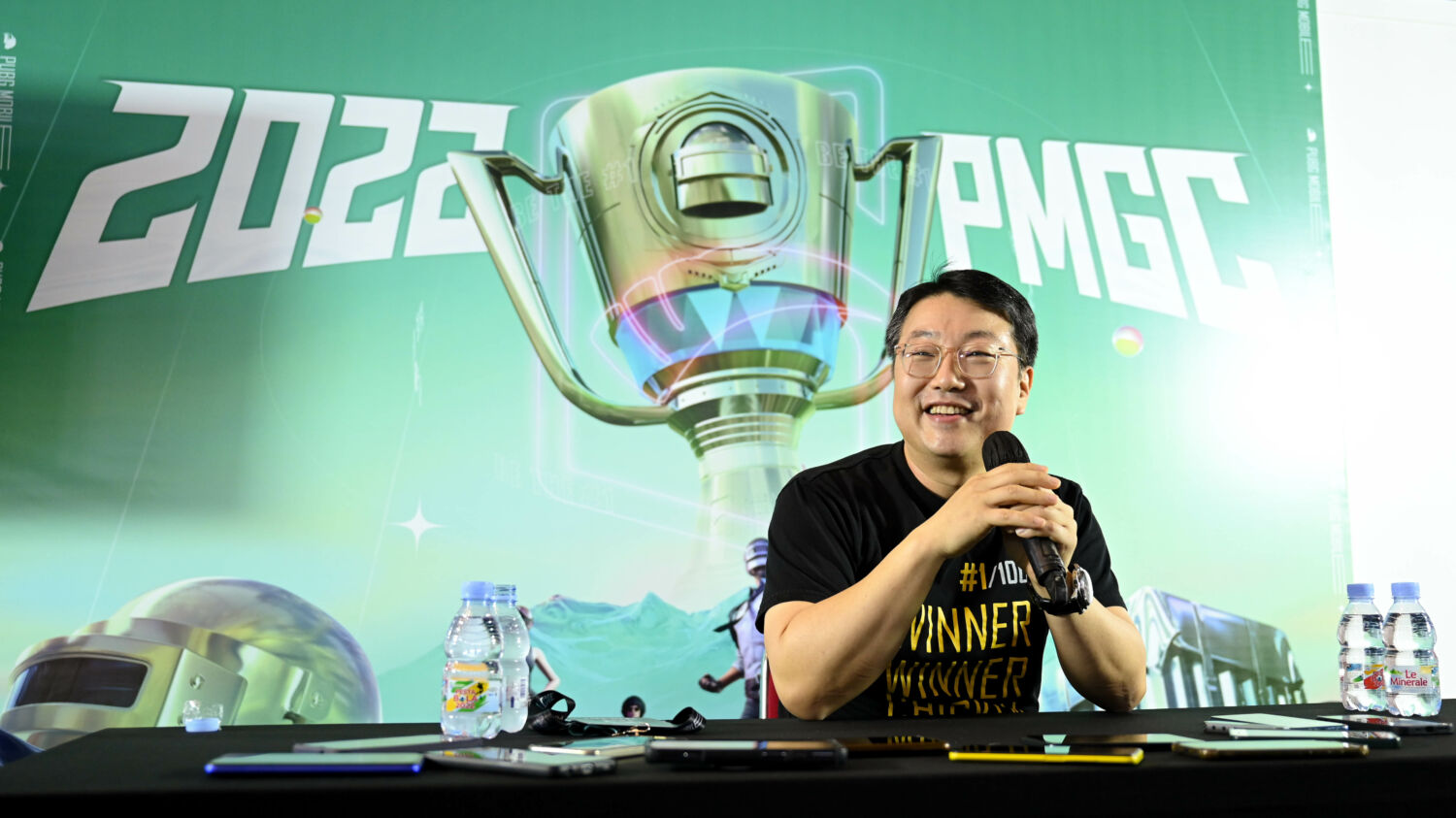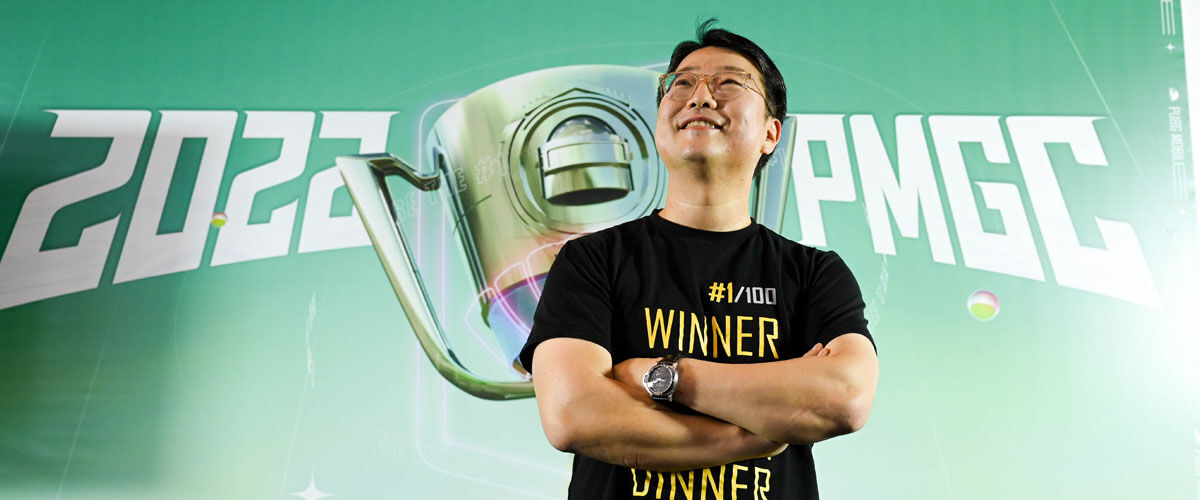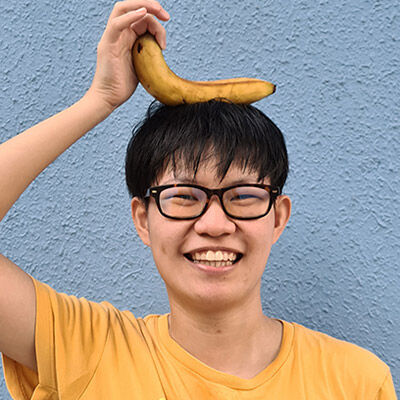Mobile esports has enjoyed a steady growth over the years, with more markets embracing the potential of the professional circuit, and dedicating increased efforts to nurture promising talents in mobile gaming. After putting up a strong showing in Southeast Asia, PUBG MOBILE, the free-to-play battle royale game adaptation of the hit video game, PUBG: Battlegrounds, is now shooting for greater heights, having taken the first steps into the less esports-focused territories of Europe and its other Western counterparts.

And it’s a move that has reaped some rewards for Tencent Games/Level Infinite, the company behind PUBG MOBILE developer LightSpeed Studios. Between winning the Esports Mobile Game of The Year, and achieving a record-breaking 600,000 team sign-ups for the PUBG MOBILE Club Open (PMCO), 2022 was a year of big growth for the Chinese-made game. Moving into the new year, this hot streak is set to continue, starting from the establishment of an all-new major PUBG MOBILE initiative for the region, the South Asia Partners Programme.
“I may not be able to share all the details here yet, but there’s a big scene coming to Southeast Asia, and this will really transform our PUBG MOBILEecosystem and [bring it to] the next step,” said James Yang, director of PUBG MOBILE Global Esports at Tencent Games, during the recent PUBG MOBILE Global Championship event in Indonesia.
More details about the project are due to be announced in February or later, joining other changes in the esports roadmap. The first gathers the PUBG MOBILE Pro League (PMPL) Malaysia, Singapore, and Philippines iterations under the PMPL Malaysia banner, while the second introduces the PMPL SEA Wild Card, which will comprise the territories of Singapore, the Philippines, Myanmar, and Cambodia.

It’s not just the professional players in the region who stand to benefit from the push, either. Part of the plan also involves extending more opportunities to amateur and semi-professional players, with Yang expressing his wish to turn mobile esports into a tool for “mobility, accessibility, and lifestyle”.
The approach certainly makes sense – by expanding the talent tool, more individuals will have the chance to develop their potential and compete on the grand stage. For those competing in the regional PUBG MOBILE scene, that would mean reaching the levels of the Asian Games and SEA Games, where esports is accepted as part of the official catalogue.
“I’m really happy to see this trend that sporting bodies are recognising esports as a mega event,” shared Yang. “I really saw the very strong passion in last year’s SEA Games in Vietnam, as well as their pride as a professional player – they want to do their best because they are representing their entire country, as well as their people.
“And [the experience gained from] this opportunity will carry over to the leagues, which will make our esports bigger and more powerful,” he added.
In view of Yang’s aim to break into the many different markets, are there any plans to bring the PMPL or other regional leagues fully in person to Singapore? According to the director, that would depend heavily on how well the hosting country will take to esports: “I don’t think it’s just [limited to] Singapore, but if any country can receive strong support, which is very crucial, then we’re very open to go.”

While Singapore may admittedly fall short of having a reliable and robust esports infrastructure as compared to other countries, her experience with The International 11 has shown that there’s indeed a market for the competitive action on home soil. Coupled with the nation’s past stint as a partial host for PMGC 2021, Singapore looks to be in good shoes to welcome yet another major tournament.













